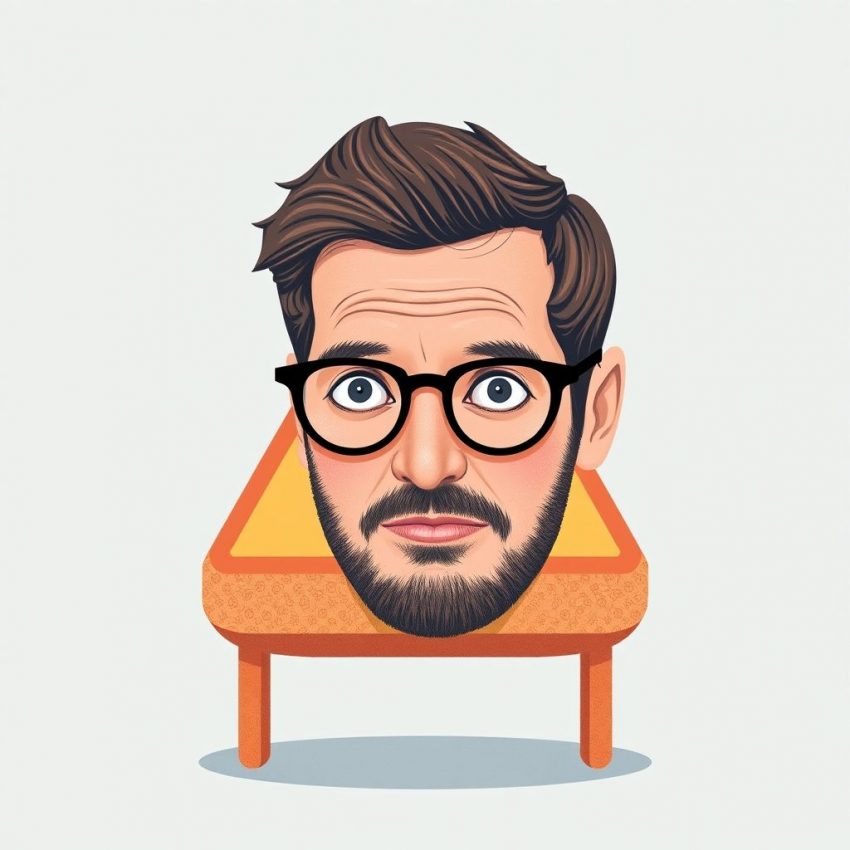Don't Trade Your Therapist for ChatGPT: Sam Altman's Wise Words on AI and Mental Health
Sam Altman, the CEO of OpenAI, the company behind the incredibly popular ChatGPT, recently offered some crucial advice: don't use ChatGPT as your therapist. This isn't just a blanket warning; it's grounded in solid reasoning that deserves our attention. While ChatGPT's conversational abilities are impressive, it's crucial to understand its limitations, especially when it comes to the complexities of mental health.
Altman's cautionary words aren't a dismissal of AI's potential in healthcare. Instead, they highlight the critical difference between information and genuine therapeutic support. ChatGPT, and similar large language models (LLMs), are trained on vast amounts of text data. They can process information, generate text, and even mimic human conversation convincingly. However, they lack the crucial elements that define effective therapy:
-
Empathy and Understanding: While ChatGPT can generate empathetic-sounding responses, it doesn't truly feel empathy. It's mimicking human behavior based on patterns in its data. A real therapist, on the other hand, connects with you on an emotional level, understanding your unique experiences and perspective.
-
Professional Judgment and Expertise: Therapists undergo years of rigorous training to diagnose and treat mental health conditions. They possess the knowledge and skills to navigate complex situations, develop personalized treatment plans, and recognize potential warning signs. ChatGPT lacks this expertise and could potentially offer inaccurate or harmful advice.
-
Confidentiality and Safety: Sharing sensitive personal information with a chatbot raises serious concerns about data privacy and security. While OpenAI has implemented measures to protect user data, there's always a risk. A licensed therapist is bound by professional ethics and legal regulations to maintain confidentiality.
-
Human Connection and the Therapeutic Relationship: The therapeutic relationship is a cornerstone of successful therapy. The connection between therapist and client, built on trust and mutual understanding, is crucial for healing and growth. This human connection is something an AI simply cannot replicate.
Altman's message isn't about demonizing AI; it's about responsible use. AI has the potential to be a valuable tool in mental health, perhaps assisting therapists with tasks or providing informational resources. However, it should never replace the irreplaceable role of a trained professional.
If you're struggling with your mental health, please seek help from a qualified therapist, counselor, or psychiatrist. Numerous resources are available, and reaching out is a sign of strength, not weakness. Don't hesitate to utilize the support systems in your community or online resources like the National Alliance on Mental Illness (NAMI) or the Crisis Text Line.
Remember, your mental well-being is paramount. While technology can be helpful, it shouldn't be a substitute for the human connection and professional expertise required for effective mental health care. Heed Sam Altman's warning, and prioritize your mental health by seeking help from qualified professionals.
Don’t miss out on this exclusive deal, specially curated for our readers! Get Health and Beauty products at best and discount prices at Kicklo.com.
This page includes affiliate links. If you make a qualifying purchase through these links, I may earn a commission at no extra cost to you. For more details, please refer to the disclaimer page. disclaimer page.

